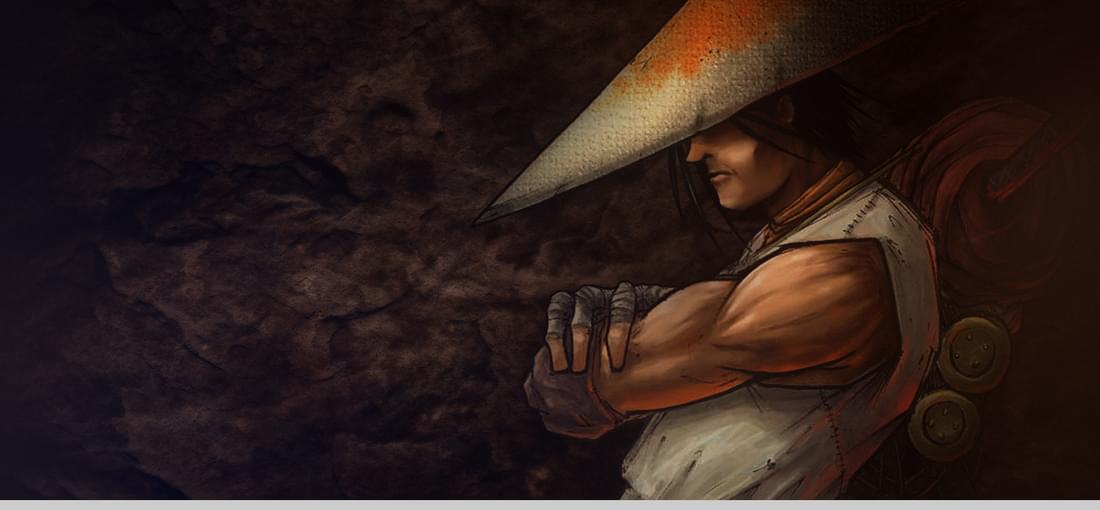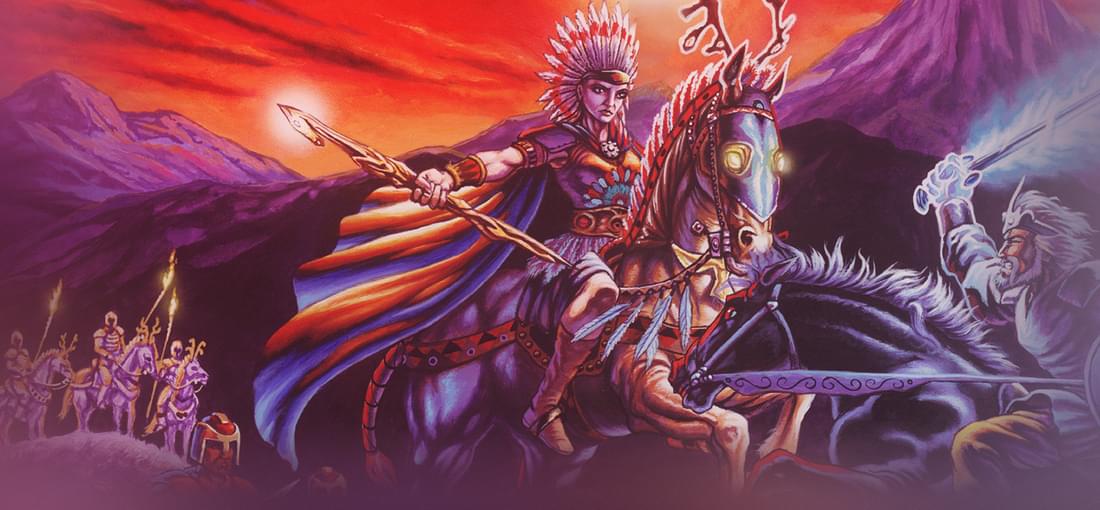

This game hits the spot. It is a tactical space battling game, but has somewhat little management and more straightforward tactics. (there is some management with the ship systems like shields, but I found that I rarely need to alter them in the heat of the action) It still is not easy, it is common to blow a mission by doing some stupid move that costs the whole deal, somewhat like life itself. Still, fast reaction times are not something that is essential, because the game has a relatively slow pace. The decisions you make as the commander of a fleet mean much more. This way, it almost has a roleplaying feel to it, but is not overly deep. Cinematics seem beautiful and, well, cinematic. I've not yet explored much of the plot, but it seems solid. Nothing exceptional, but solid. Music is your typical sci-fi score, and it works well enough. The game has some shortcomings too, unfortunately. The feeling of decisionmaking extends so far, that it occasionally feels like I actually have little control to the exacts. For example, one can not (as far as I know, I still haven't found a command for it if such exists) make very accurate maneuvers, since the only commands you can give relate to the other ships and spacestations. You can close in on any target or escape from them, but it is hard to move into a flanking position, for example. This is especially painful because certain scenarios include minefields, meaning that you have little room to maneuver. Usually the ships evade collisions automatically, but I found out the hard way that this doesn't include minefields. (I was escaping because one of my ships had taken a little too much beating -- the damn vessel escaped right into a minefield) Same goes for fighters and boarding craft -- they'll merrily fly right into their doom through a heavily fortified position if that is the shortest way to their target instead of circling from a safe distance. This is especially notable when you need to board something to complete a mission -- get your space marines killed and it is game over (a very easy thing to do). Thus far these seem to be the major weak points, but I reckong I'll get over them by adapting my playstyle as I learn more of this game. At this point I am already sure it is a bargain, though.

I had the demo version for this game for ages, and I loved it. The feel was just so different from anything else. For it's unfortune, the game got released around the same time as Warcraft III and got little goverage. As a matter of fact, it was years later that I actually got my hands on a retail version, and bought it instantly. To this day, I've never seen the expansion set sold anywhere, except here. On the surface, the game plays like a regular RTS, with some twists. Building and resource management are mostly as usual, but the differences start from there. First of all, you will need to train your workers for combat units, except for heroes which are hired elsewhere. Your workers will spawn from Peasant Huts automatically, with the pace slowing down the more you have. So as an example the less combat units you have, the faster you can gather resources, and if you get your attack force killed, you'll get peasants faster, balancing the gameplay somewhat. Consecutive training in different buildings results in different units, and most units can be trained again in a different building, resulting in a stronger, more versatile unit type. The buíldings and basic units can be divided into three classes: Melee, Ranged and Technologic/magic, the last usually being ranged as well. Training in two buildings results in a combination, for example, training in a technology and a ranged building usually results in an artillery kind of unit. Training a unit in all three types results in the elite unit kind, which each clan has one of. For example the Dragon Clan has samurai. This mechanic results in somewhat smaller and more limited strike groups, so it is not as easy to win with sheer numbers. In addition, certain unit types are weak to certain others, so the composition of your troops makes a great difference. Finally, in addition to normal resources, you can gather Jin or Yang --depending on the clan you are using-- by doing combat. This resource is then used to buy upgrades or recruit heroes. So you can't just hole up and upgrade your units to the max, rather engaging in combat is usually beneficial even early on, because that means you can probably squeeze in an upgrade or two. The story is typical, but interesting enough. It follows the story of a wandering swordsman named Kenji -- your main hero, and his exploits in a war torn land. In the single player campaign the player will face choices which decide the clan you play with --the traditional Dragon or the technologic Serpent-- and the clan you ally with -- the primitive Wolf or the decadent Lotus. It will also decide the heroes you'll have on your side. Technically the game is on par with the games of it's age, perhaps even a bit prettier. The maps are teeming with life and are dynamic to an extent. For example, hurrying through a forest will make birds take flight, and this will be shown as an indicator on the map -- one your enemies will be able to see as well. The graphics have aged fairly well for a game of this age -- this game had the fortune of being released around the time of Warcraft III in this respect. Games of that age have generally aged well. All in all, I can't understand why this game remained so hidden all these years, because it truly is an enjoyable, atmospheric experience. Recommended.

There is nothing I can compare this game to. It has features from many genres and single games, yet it defies all tradition (so to speak), and delivers something that is almost mythically rare in the video-game industry: uniquity. And it is also a damn fine game, delivering an entire fictional culture with it's traditions with it's fate yours to decide. It is unforgiving, but also surprisingly light (for a management-heavy game) -- You just need to do the important decisions, nothing more, nothing less. This game is leadership without the bad parts. And by Orlanth how I love the music, even though several tracks repeat quite often. My review may be glorified by the fact that I know the Orlanthi people and the land of Glorantha from my tabletop roleplaying, but I have no doubt I'd give this game a really positive rating even if I knew nothing of it's background. I seriously advise trying this one out.